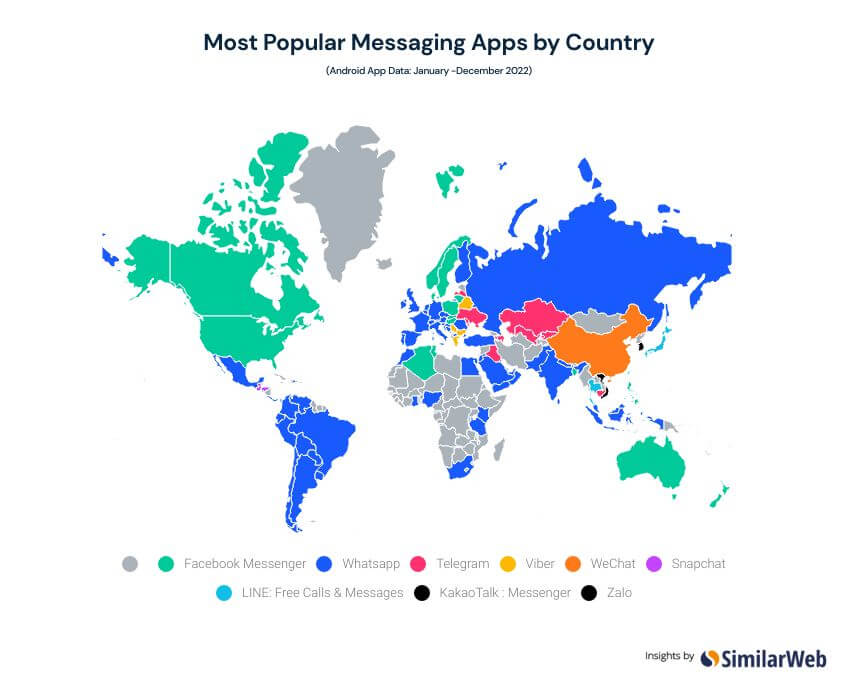That would suggest a high likelihood if there's one corporation siding with the DOJ on this, it's Microsoft. AKA the biggest tech lobbyists in the world, and I don't mean that in a good way.
The entire argument is extremely flawed because Microsoft only begrudgingly made Windows more "open" out of legal actions. They were as "walled garden" with Windows as Apple is now with iOS. Microsoft's problem was they used their position and resources for blatant anticompetitive practices that got the DOJ involved in a lawsuit. However, they were and still today aren't technically obligated to make Windows an open platform, and considering MS are the sole owners of the tech patents, APIs, code etc., it is not necessarily "open platform" in the first place.
There is nothing inherently wrong or illegal with companies wanting to "lock in" their users. All companies do this. The only problem is if those companies then abuse their customers financially and make it nearly impossible for them to exit that ecosystem at a reasonable price. From my understanding, Apple doesn't do anything like that. If they do, then maybe the DOJ have a case on their hands.
But Apple simply not wanting, say, Microsoft, to set up an app store on iOS that cuts Apple out of their 30%, is both logical and legally OK on Apple's end. iPhones may be general-purpose devices but that doesn't mean they have to follow the Windows standard, which even Microsoft don't really want to implement and would quickly reverse a lot on if they had the leverage to do so.
Those companies can make Android alternatives of their products. Simple solution.
You know what...since this is something that's very obviously being spearheaded towards the console gaming market in the future, let's just get an example out of the way.
Should Sony and Nintendo be forced to no longer bundle DualSense or Joy-con controllers with their console SKUs anymore? Because the example you're using with Airpods, could be directly utilized to argue that Sony & Nintendo are creating "higher prices for consumers and less innovation". Why can't they package Mad Catz or Hori controllers with their consoles instead?
I mean yeah, in this example, those Mad Catz & Hori controllers would work immediately when paired, but then why can't the argument simply shift to an "ease of access" POV? That's the slippery slope here, IMO.
I'm listening to the DOJ's speech on this right now and a lot of the arguments can either be directly rebutted or applied to other Big Tech companies, like the digital wallet example. Let's not pretend Apple's the only conglomerate accessing personal user data and maybe selling it to other companies & governments here. So I'm both not 100% on board with this lawsuit because it's VERY selective for starters and, more damningly, it is setting up arguments that could be easily warped and applied to console platform holders in the gaming market.
And let's just ask, who's the $3 trillion mega-conglomerate that'd benefit the most from both this AND successive similar cases in the gaming market? Yeah. Let's really think about this one before shaking the pom-poms over "market justice" or whatever.





